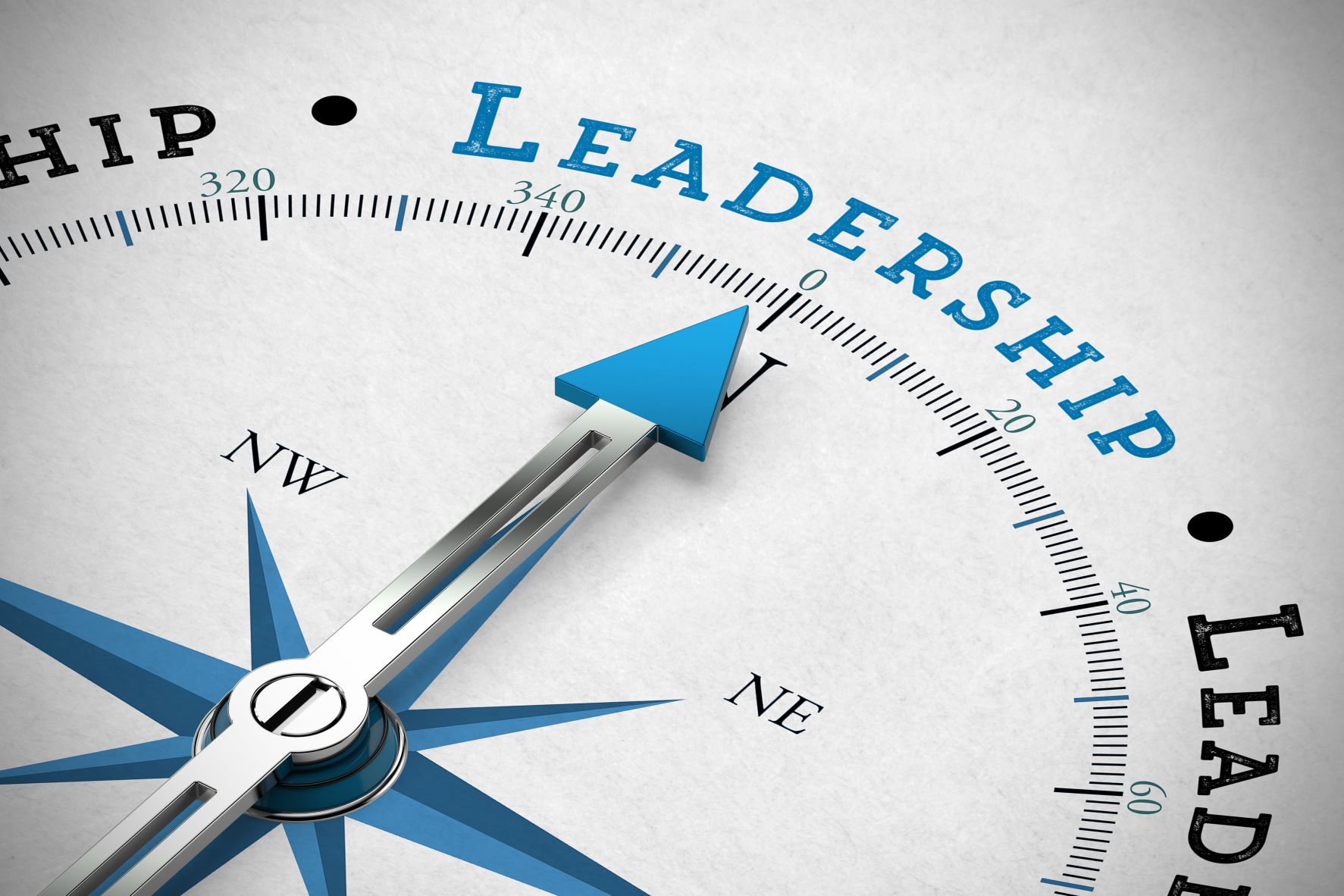Do you need different types of leader after the pandemic?

The level of change has been remarkable during the last 18 months. Not just for organisations but for every single individual in the world. While some feel we are now gradually returning to a ‘new normal’ it is clear to see more change is likely as our future unfolds.
My question is this: do we have the right leaders in place to handle this?
Carol Dweck, Professor of Psychology at Stanford University, believes people have either a fixed or growth mindset.
Those with a fixed mindset strive for above average performance and avoid failure at all costs. They focus on gaining approval and feel threatened by other successful people.
In contrast, growth mindsets see failure as a chance to learn and they aspire to life-long development. They welcome feedback while adapting to challenge and change more positively.
This seems too black and white to me. A mindset spectrum is probably closer to reality.
What we do know is leaders leaning towards a growth mindset will positively impact their behaviour and performance. Most importantly, they will positively affect their team’s behaviour too.
Further change is inevitable. Organisations must recruit and develop leaders with the right mindset and qualities to thrive in such an environment.
How change has affected your team
In our last article, we highlighted that 90% of businesses are taking a hybrid approach to working, despite only one in three having a clear roadmap of what that means for their organisation.
Staff will be in multiple locations – some on the premises, others joining remotely. How will your leaders combine their team? And how will they remain visible to those working from home?
Not surprisingly, anxiety is widespread. Most people have been touched by family illness, financial worries or heightened life stress. While not always relevant to their work role, leaders must become better listeners to understand where certain behaviours are coming from.
Remote working potential means the recruitment market could lean in the candidate’s favour. For example, you could live in the north and gain a London salary weighting. Plus, avoiding lengthy commutes could save thousands of pounds while providing better work life balance.
Your organisation will be better placed to recruit the best talent if you have agile leaders.
This time of change comes when more generations than ever are in the workforce. From Baby Boomers to Generation Z. Each one has matured with different attitudes and expectations. And each one thrives with a different leadership style.
Baby Boomers have typically been seen as grafters whereas Generation Z are seen as seeking a better work life balance from the outset, keeping time for other life experiences.
The best leaders will adapt their style to positively accommodate each generation, regardless of their personal attitudes to life and work.
We have no doubt that a growth mindset is far better equipped to handle this change and whatever else we must cope with in the future.
The 6 qualities post-pandemic leaders need
To help you create leaders that can drive your organisation forward through recent and future change, we have identified six qualities they must develop. By doing do, your entire organisation will thrive – even in times of adversity.
Candour
Gone are the days of command and control. Considered and collaborative leadership is now crucial. A trusted leader (who is open and fair) will motivate employees. A leader who inspires them to keep doing their best when things get tough.
Consistent communication
Even when the picture is not complete, communication is crucial. By avoiding it, your team will create the narrative themselves, causing anxiety and disruption.
When plans change, communicate this. When something does not work, communicate this. When people are informed, they feel more in control and on board.
Empathy
You will never fully understand someone else’s reality. Yet it can impact their behaviour and beliefs. Right now, almost everyone has additional challenges in their lives – from fear of going out to family bereavements and illness. Great leaders demonstrate empathy and impeccable listening skills.
Listening on three levels achieves more effective conversation: what they say, how they say it, and what their body language says.
Flexibility
Having a fixed approach to how things are done will not work in the current environment. Leaders must be immensely flexible and open to feedback that might help reach their outcome more effectively.
Humility
A sign of strength is to admit your mistakes and learn from them, not pretend they did not happen.
As organisations try new ways of working, some things will work, and others will fail. Learn to see this as a positive aspect of your business. People at all levels should be encouraged to try their best even if failure follows.
Continual learning
Fundamental to a growth mindset is the desire to constantly learn and improve. This quality is also key to handling immense change in such a short space of time.
In fact, challenges present a learning opportunity in themselves. Overcoming them equips us with skills and knowledge we did not have.
Many organisations have learnt new and valuable skills during the pandemic. For example, the ability to connect and communicate remotely, and a wider level of IT literacy throughout the team.
These benefits from so many lockdowns should be brought into your new way of working. We all need to savour the positives from experiencing a world like never before.
The future is…
And that is just it – nobody truly knows!
What we do know is it will be full of further uncertainty and change. Without agile, growth-focused leaders at the helm, your organisation risks losing talent and performance as others grasp this opportunity to reset and recharge for our unknown world.




